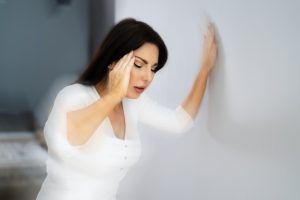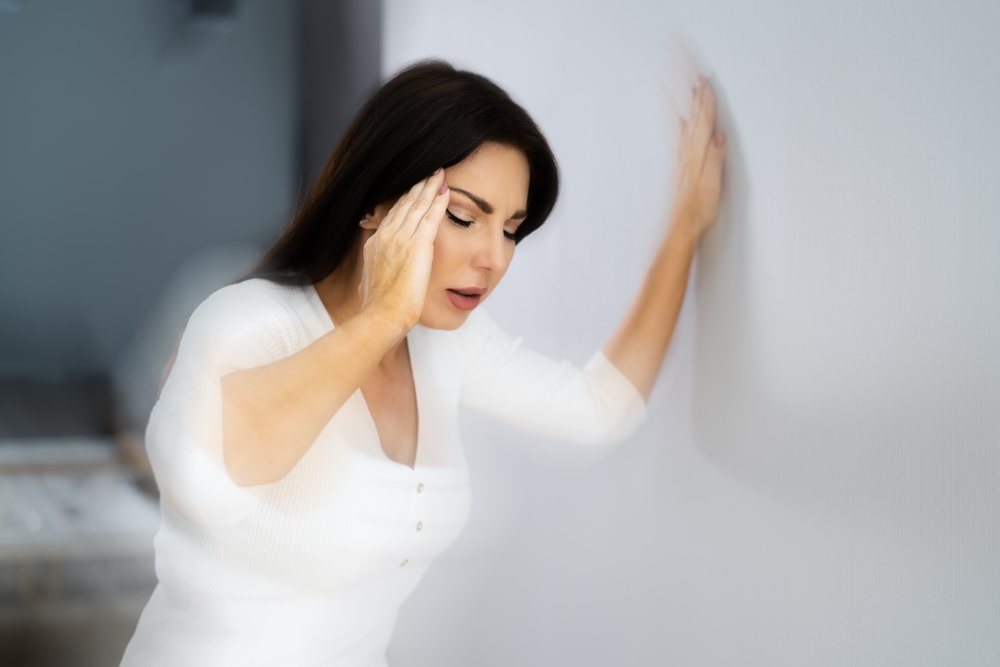 Many view hearing loss as an auditory issue, but its impacts can go beyond just the ability to hear sounds. But the fact is people with hearing impairment or loss may also struggle with balance and mobility. This is a concern that many still fail to notice.
Many view hearing loss as an auditory issue, but its impacts can go beyond just the ability to hear sounds. But the fact is people with hearing impairment or loss may also struggle with balance and mobility. This is a concern that many still fail to notice.
Navigating our environments requires our senses to work in tandem to maintain equilibrium. When our hearing ability diminishes, the body loses an essential component of the sensory input necessary for spatial awareness and stability. This loss, in turn, hinders our mobility and increases the risk of falls.
Learn the relationship between hearing loss, mobility, and balance systems. Through this connection, you can appreciate the importance of addressing hearing health for your health and well-being.
The Role of the Inner Ear in Hearing and Keeping Balance
Hearing and balance are linked through the inner ear. The inner ear is a complex structure that impacts our perception of sound and motion. It contains fluid-filled canals that detect changes in head position and movement, informing the brain about spatial orientation.
This inner ear includes two main parts, which are:
- The cochlea: It’s a snail-shaped organ that processes sound signals and sends them to the brain.
- The vestibular apparatus: Comprised of semicircular canals and otolith organs, this component detects motion and helps maintain equilibrium.
Damage to the inner ears compromises one or both of the key elements in it, thus disconnecting auditory cues and balance. It becomes challenging for people to gauge their surroundings accurately.
A diminished spatial awareness may lead to complications in everyday life, affecting both balance and mobility. An alarming consequence of it due to hearing loss is the heightened risk of falls. Without auditory signals or sound cues like approaching vehicles or oncoming people, a person may not react quickly enough to avoid obstacles. They may trip, slip, and fall.
Mobility Challenges and Other Health Conditions Resulting from Hearing Loss
Fear of falling also has negative consequences like fear of moving. This often results in many people minimizing their activity levels. Unfortunately, this will only lead to muscle weakness and reduced body fitness. This condition then creates a vicious cycle of reduced mobility that contributes to further imbalance and risk of falling.
For example, someone who fell once may avoid walking on uneven surfaces or climbing stairs. This avoidance creates a cycle where lack of movement weakens muscles and reduces balance skills, making future falls more likely.
When a person loses their mobility, other health issues may compound their condition. For example, they may experience:
- Vision loss: Combining hearing and vision impairments makes it harder to detect hazards or navigate unfamiliar spaces.
- Chronic illness: Medical conditions like diabetes or arthritis can exacerbate balance and mobility issues.
To treat the mobility challenges and these other conditions that come from hearing loss, patients must not only have their hearing treated, but they must also undergo physical therapy to restore some, if not all, of their balance and mobility.
Treatment Options for Balance and Mobility Challenges
Disorders in balance and mobility are not so easily treated, especially because these issues tend to become more common with age. Age-related hearing loss affects many seniors, already lowering their physical stability and movements. However, various strategies exist to address these challenges.
Common interventions
They may include:
- Hearing aids: These devices amplify sound, helping users regain sound cues essential for spatial awareness.
- Cochlear implants: Those with severe hearing loss may benefit from cochlear implants to provide more advanced auditory support.
Lifestyle modifications
Furthermore, lifestyle changes may also be necessary. These changes to daily routines and environments may include:
- Home adjustments: Installing grab bars, using non-slip rugs, and using good lighting help reduce the risk of falls.
- Regular exercise: Simple activities like walking and light balance exercises can improve strength, flexibility, and coordination.
- Mindfulness practice: Mindfulness techniques like meditation can reduce anxiety and increase focus, helping people with hearing loss and balance issues stay grounded.
Vestibular rehabilitation therapy
This specialized physical therapy can help improve balance by retraining the brain to process vestibular signals more effectively. VRT includes tailored exercises to improve gaze stability, vestibular adaptation, and habituation, which can reduce sensitivity to motion and improve overall balance.
VRT may also contain functional exercises that mimic daily activities so patients can adapt their movements to avoid falling. Additionally, besides VRT, a physical therapist may also recommend strength training and balance exercises.
- Strength training: Patients build strength in the legs, core, and upper body to enhance their stability, making it easier to maintain balance during movement.
- Balance training: Activities such as tai chi, yoga, or other balance-focused routines promote balance, flexibility, and strength through slow, controlled movements
Professional guidance
For an effective treatment and management of both hearing loss and balance and mobility issues, seeking professional support from specialists is essential. Consulting an audiologist to assess hearing health and levels of hearing loss will help patients find appropriate devices and therapies to preserve their hearing.
Meanwhile, physical therapists may also help. As experts in movements, they can develop personalized exercise plans that enhance the patients’ balance and mobility.
Conclusion
Hearing loss presents not only communication challenges but also balance and mobility issues. They are connected through the inner ear’s function and health; if compromised, a loss of hearing can also affect a person’s physical stability and spatial awareness. Patients risk falling, having low self-esteem, and limited independence. Understanding how hearing is connected to balance and mobility can help them protect their overall health and well-being.
Never fall for these risks by leaving your hearing impairments untreated. Contact El Dorado Hearing and schedule an appointment for a hearing test and consultation with our audiologists.




Leave a Reply